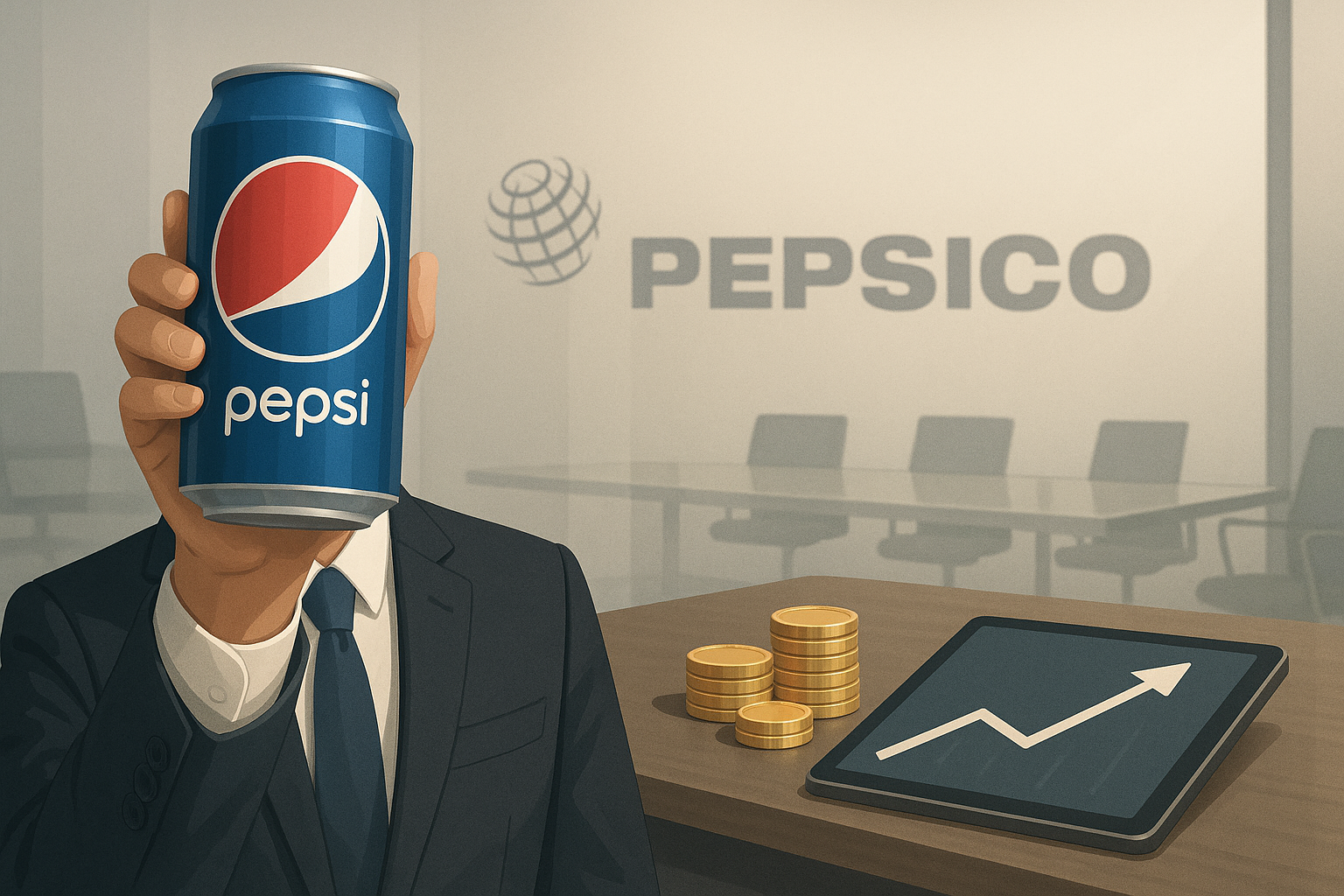Paul Singer's Elliott Investment Management has just planted its flag in PepsiCo territory, revealing a massive $4 billion stake in the beverage and snack behemoth. And wouldn't you know it—Pepsi shares immediately fizzed up more than 5% in premarket trading.
It's a familiar story in a new bottle. The activist investor sees opportunity where others see stability, and shareholders are already salivating at the prospect of shakeups and stock bumps.
Look, Pepsi isn't exactly on life support. Far from it. The company actually beat expectations in July's earnings report, which makes Elliott's move all the more intriguing. What does Singer see that the rest of us are missing?
I've watched Elliott's playbook unfold dozens of times over the years, and it typically follows the same recipe: identify a blue-chip company with a hint of underperformance, grab enough shares to command attention, and then start making demands. Cost-cutting. Spinoffs. Buybacks. You know the drill.
PepsiCo shares have been rather flat this year—down about 2% while the broader market parties on. In the cutthroat world of consumer staples (which, let's be honest, isn't typically that cutthroat), that qualifies as underperformance.
"A historic opportunity" and "rare chance" to revitalize the company, Elliott calls it. Translation: We think this stock should be worth more, and we've got some ideas about that.
The timing is... interesting.
Pepsi has already been trimming the fat—closing plants, optimizing logistics, reconsidering marketing spend. They've been doing the first half of the activist playbook on their own. Maybe Elliott just wants to make sure they finish the job.
What makes this situation particularly eyebrow-raising (at least to those of us who've covered corporate activism for years) is that PepsiCo isn't your typical target. This isn't some floundering retailer or tech dinosaur. This is Pepsi. They sell Doritos, for crying out loud. People will be munching on those while civilization crumbles.
Elliott's interest suggests something profound about today's market: when everything's expensive, even the solid-but-unexceptional starts looking appetizing.
And let's not forget—Elliott usually gets what it wants. Just ask Argentina, which fought the firm for 15 years over defaulted bonds only to eventually cough up $2.4 billion. The firm is currently pushing for changes at Phillips 66 and Southwest Airlines with their characteristic... persistence.
(I spoke with a former board member of another Elliott target who, requesting anonymity, described the experience as "being slowly squeezed until you give them what they want." Not exactly a ringing endorsement of the experience.)
The big question—one that never seems to get a definitive answer—is whether activist investing actually creates lasting value or just short-term pops that let the activist cash out with a profit.
Sometimes these interventions genuinely identify operational inefficiencies. Other times? Financial engineering dressed up as corporate salvation.
For current Pepsi shareholders, this is probably good news in the short run. The stock bump alone justifies some optimism.
For Pepsi employees? Well... when activists start using words like "efficiencies" and "right-sizing," it's usually time to polish that resume.
And consumers? You'll probably still recognize your Cheetos—though don't be surprised if that bag gets just a tad smaller while the price remains stubbornly the same.
The real question hanging in the air: Can Elliott transform Pepsi into something greater than it already is? Or is this just another financial engineering project masquerading as corporate revitalization?
Either way, the market's betting on change. And in today's quarterly-focused financial world, isn't that all that matters?
